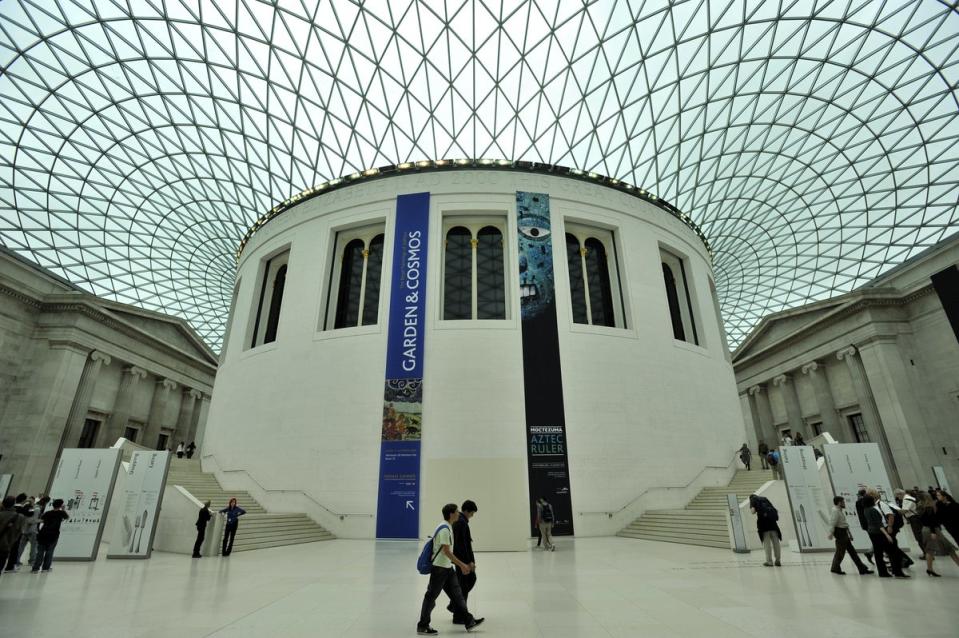Egypt archaeologists want British Museum to return the Rosetta Stone

Leading Egyptian archaeologists have demanded the British Museum return the Rosetta Stone 200 years after it was deciphered.
The prized historical artefact, one of the centrepieces of the British Museum’s collection, dates to 196 BC and was unearthed by Napoleon’s army in northern Egypt.
It became British property after Napoleon’s defeat in 1801, and has been housed in the museum in Bloomsbury, north London, since 1802.
An online campaign by Egyptian archaeologists for its return has gathered 2,500 signatures and aims to "tell Egyptians what has been taken from them”, said Monica Hanna, acting Dean of the College of Archaeology in the Egyptian city of Aswan.
The stone bears inscriptions of the same text in Hieroglyphs, Demotic and Ancient Greek, which allowed it to be used to decipher Hieroglyphs in 1822.
There have been previous calls for the museum to return the artefact, but the archaeologists hope increasing moves by Western museums to return exhibits that were removed from countries under colonial rule will help their cause.
“I am sure all these objects eventually are going to be restituted because the ethical code of museums is changing, it’s just a matter of when," said Ms Hanna.
“The stone is a symbol of cultural violence, the stone is a symbol of cultural imperialism.
“So, restituting the stone is a symbol of changing things - that we’re no longer in the 19th Century but we’re working with an ethical code of the 21st Century.”

A British Museum spokesperson told Reuters there had been no formal request from the Egyptian government for the return of the Rosetta Stone.
A spokesperson noted that 28 artefacts engraved with the same decree written by Egyptian priests had been discovered, starting with the Rosetta Stone in 1799. 21 of these remain in Egypt.
The museum said it was opening an exhibition entitled ‘Hieroglyphs: unlocking ancient Egypt’ on October 13, which would shed light on the role of the Rosetta Stone.
“The British Museum greatly values positive collaborations with colleagues across Egypt," the statement added.
Egyptian officials have previously called for the return of artefacts to help boost its tourism industry and plans to open a large new museum near to the Giza pyramids in the next few months.
It comes after Liz Truss appeared to rule out a “deal” with Greece over the status of the Elgin Marbles, also housed in the British Museum.
The 2,500-year-old sculptures were brought to Britain by Thomas Bruce, Earl of Elgin, in the early 19th century from Greece, then under Ottoman occupation.
While the museum’s chair, former Conservative Chancellor, George Osborne, has previously suggested some form of a deal with Greece could be done over the sculptures, Ms Truss said when asked Tuesday: “I don’t support that.”

 Yahoo Sport
Yahoo Sport 





































